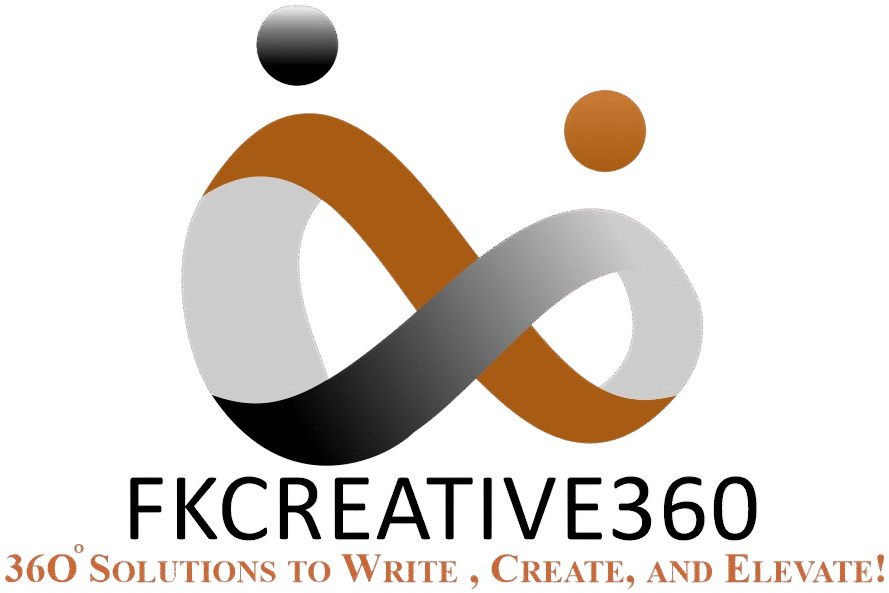Publishing your book is a monumental step, but deciding between self-publishing and traditional publishing can feel overwhelming. Each option has its own set of benefits and challenges, and the right choice depends on your goals, timeline, and resources.
In this blog, we’ll break down the key differences between self-publishing and traditional publishing, helping you determine the best publishing option for your unique journey.
Self-Publishing: The Fast Track to Getting Your Book Out
Advantages of Self-Publishing
- Complete Creative Control
- From the cover design to content edits, you have the final say in every aspect of your book.
- Faster Publishing Timeline
- Unlike traditional publishing, which can take years, self-publishing allows you to get your book to market within months—or even weeks.
- Higher Royalties
- Platforms like Amazon Kindle Direct Publishing (KDP) let authors keep up to 70% of their royalties, significantly more than traditional publishers offer.
- Flexibility
- Update or revise your book anytime to keep it fresh and relevant.
Challenges of Self-Publishing
- Upfront Costs: You’ll need to invest in editing, cover design, and marketing.
- Marketing Responsibility: As a self-published author, promoting your book falls entirely on you.
Traditional Publishing: The Prestige Path
Advantages of Traditional Publishing
- Professional Support
- A team of editors, designers, and marketers works on your book, ensuring high-quality production.
- Wider Distribution
- Established publishers have connections with bookstores, libraries, and media, making it easier to get your book noticed.
- Prestige and Credibility
- A traditional publishing deal can boost your reputation as an author and thought leader.
Challenges of Traditional Publishing
- Lengthy Process: It can take years to secure a publishing deal and get your book on shelves.
- Less Creative Control: Publishers often make final decisions on your book’s content and design.
- Lower Royalties: Authors typically earn 10–15% in royalties, significantly less than in self-publishing.
Which Publishing Option Is Right for You?
Ask yourself these key questions:
- What’s Your Goal?
- If your goal is to quickly establish authority and grow your brand, self-publishing may be the way to go.
- If prestige and wide distribution are priorities, consider traditional publishing.
- How Much Control Do You Want?
- Want to oversee every detail? Self-publishing is your best bet.
- Prefer to focus solely on writing? Traditional publishing offers professional support.
- What’s Your Budget?
- Self-publishing requires upfront investment but yields higher long-term earnings.
- Traditional publishing involves fewer upfront costs but smaller royalty checks.
- What’s Your Timeline?
- Need your book out in months? Self-publishing wins.
- Willing to wait for a potential bestseller? Go traditional.
Hybrid Publishing: The Best of Both Worlds?
Hybrid publishing combines elements of both approaches. Authors contribute to production costs while benefiting from professional support and higher royalties than traditional deals.
Start Your Publishing Journey Today
Whether you choose to self-publish, pursue a traditional publishing deal, or explore hybrid options, your book has the power to transform your brand and career.
At FKCreative360, we guide you through every step of the publishing process, from manuscript development to launching your book.
Book a free consultation with us today and let us help you choose the best publishing option for your goals. Together, we’ll turn your book into a powerful tool for success.
Your story deserves to be told—let’s make it happen!


Leave a Reply